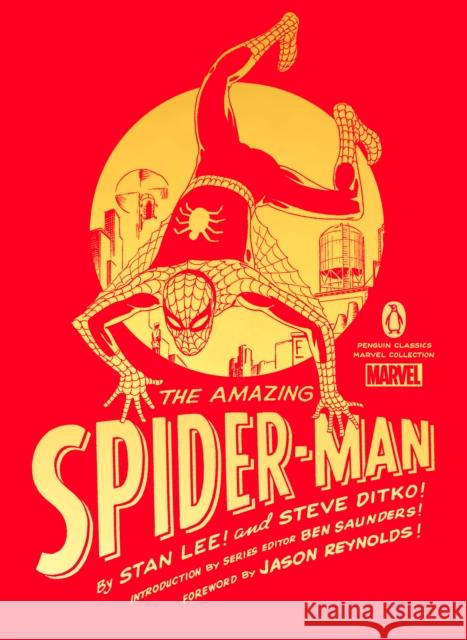The Amazing Spider-Man » książka
topmenu
The Amazing Spider-Man
ISBN-13: 9780143135722 / Angielski / Twarda / 2022 / 384 str.
The Amazing Spider-Man
ISBN-13: 9780143135722 / Angielski / Twarda / 2022 / 384 str.
cena 192,15 zł
(netto: 183,00 VAT: 5%)
Najniższa cena z 30 dni: 191,10 zł
(netto: 183,00 VAT: 5%)
Najniższa cena z 30 dni: 191,10 zł
Termin realizacji zamówienia:
ok. 16-18 dni roboczych
Bez gwarancji dostawy przed świętami
ok. 16-18 dni roboczych
Bez gwarancji dostawy przed świętami
Darmowa dostawa!
Kategorie:
Kategorie BISAC:
Wydawca:
Penguin Books Ltd
Seria wydawnicza:
Język:
Angielski
ISBN-13:
9780143135722
Rok wydania:
2022
Numer serii:
001243945
Ilość stron:
384
Waga:
0.56 kg
Oprawa:
Twarda
Wolumenów:
01
Dodatkowe informacje:
Bibliografia
Wydanie ilustrowane
Wydanie ilustrowane











